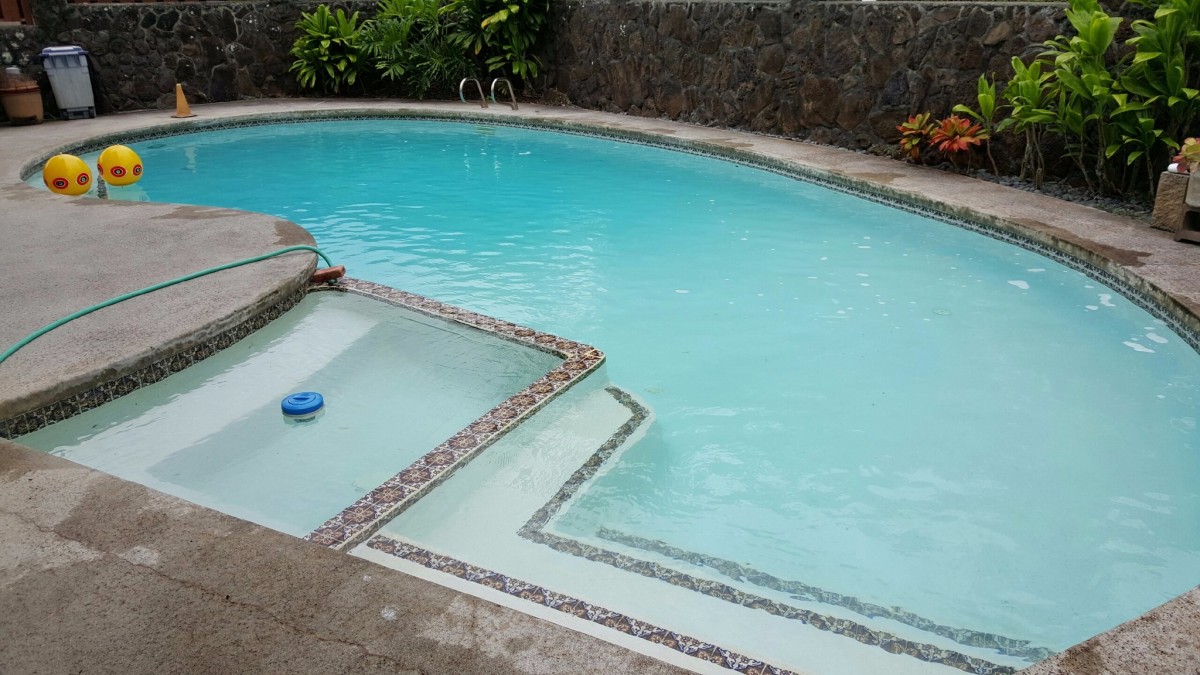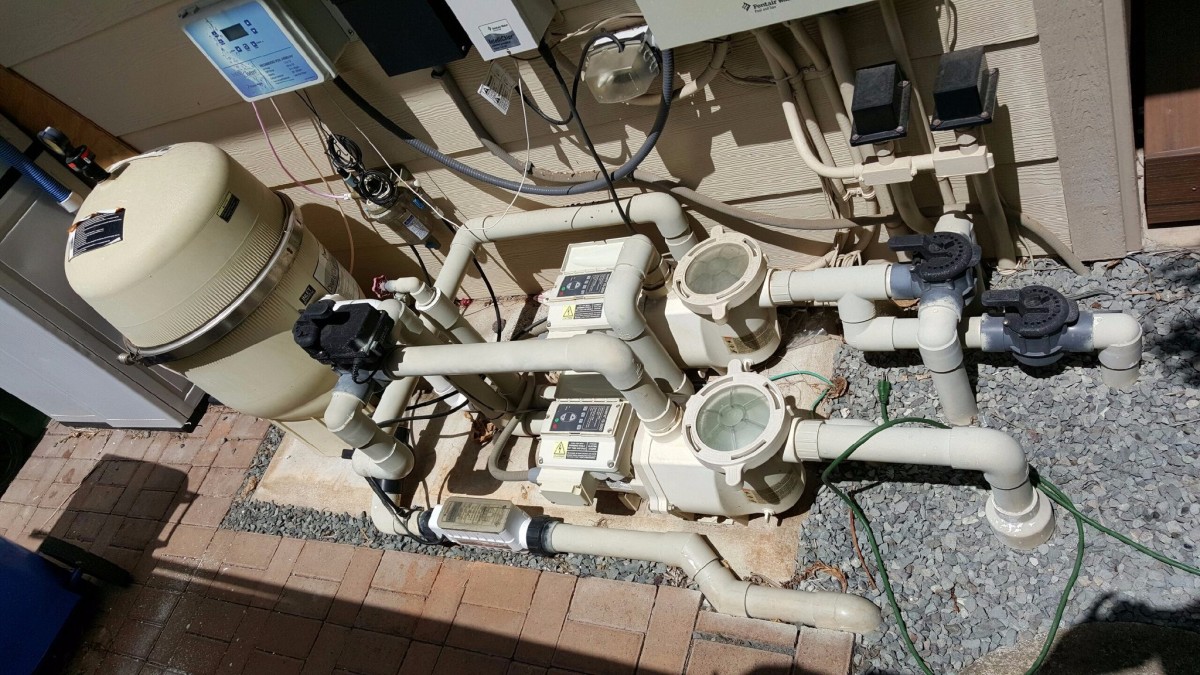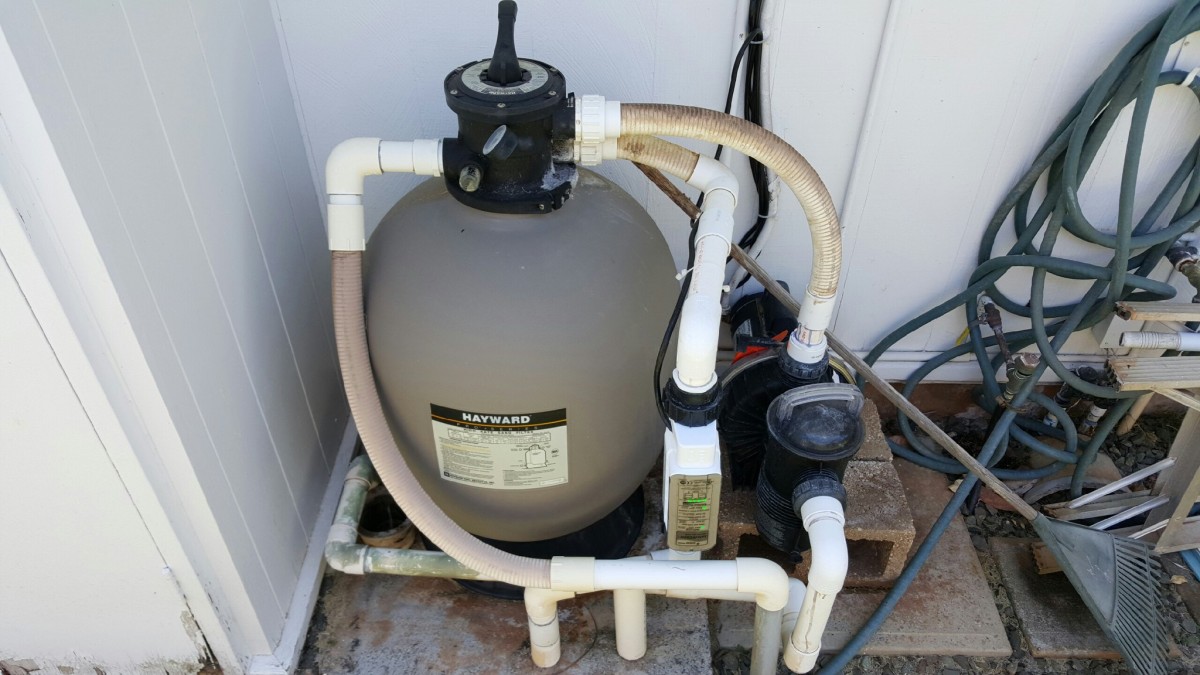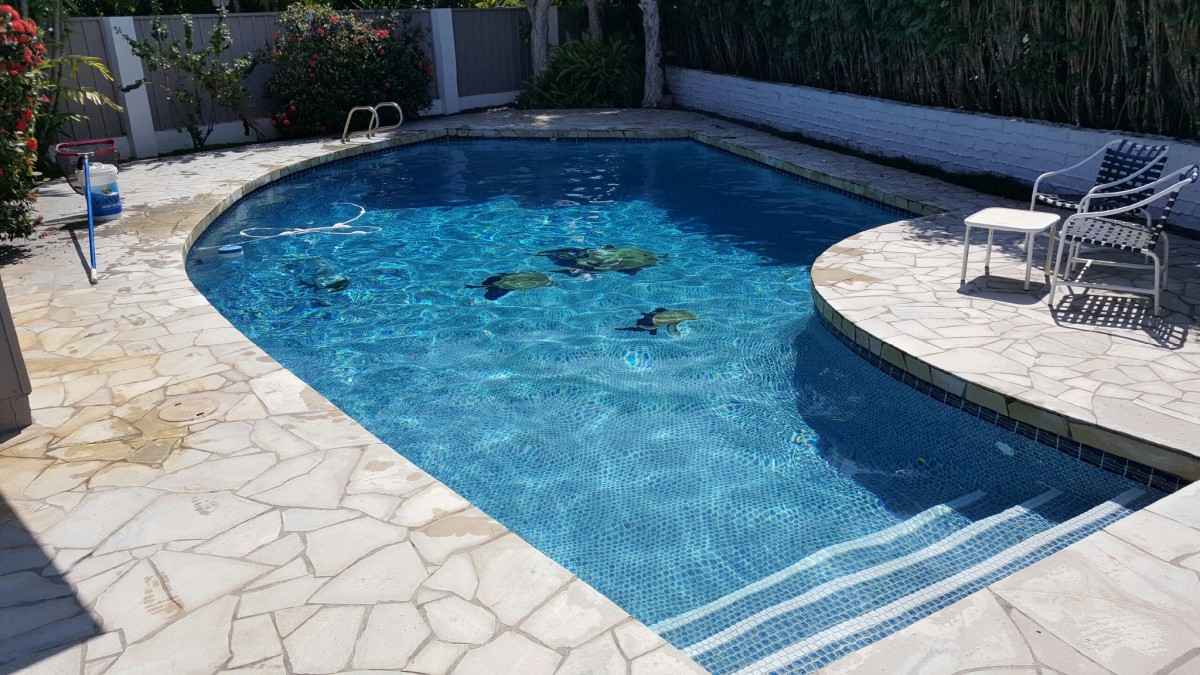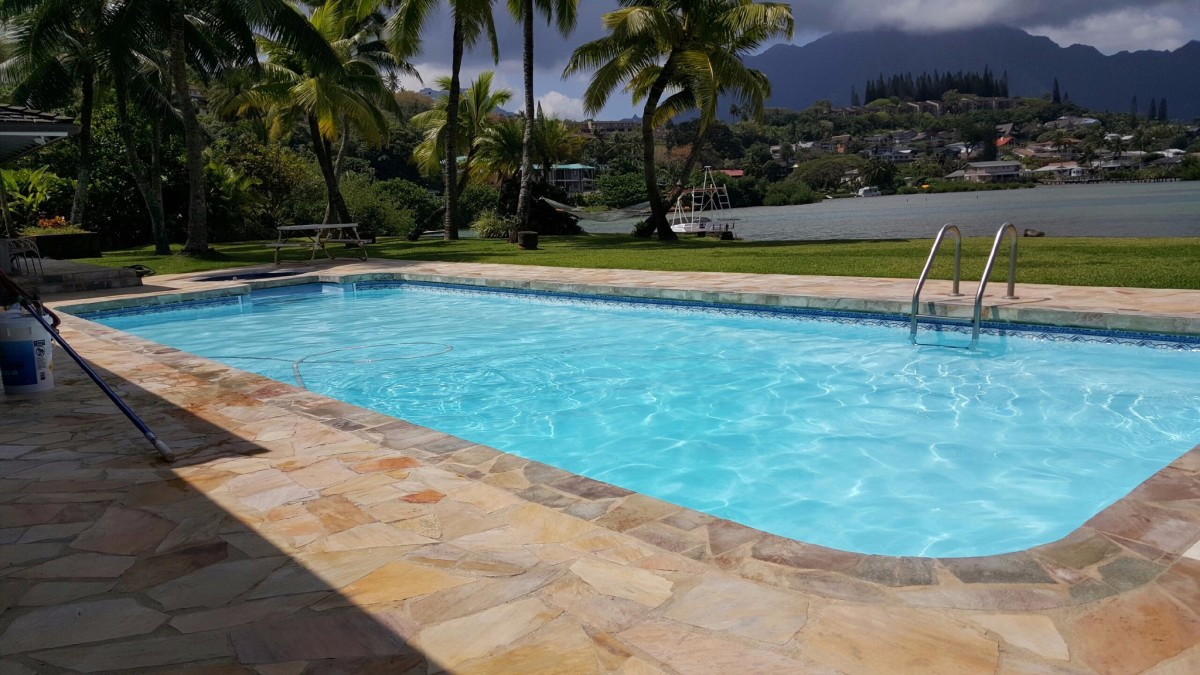A well-maintained pool is not just a luxurious addition to your home, but also an investment that can offer numerous cost savings in the long run. Regular maintenance of your pool can save you money on energy, water, and chemicals. Moreover, it can increase the lifespan of your pool and reduce the need for expensive repairs.
First of all, a well-maintained pool is energy efficient, and this can result in significant cost savings on your monthly energy bills. A properly functioning pool pump, for instance, will use less energy to circulate water, compared to a pump that is clogged with debris or in need of repair. A pool with a functioning pump will also help to reduce energy consumption, as the water will circulate more efficiently, reducing the need for heating the water.
In addition, regular maintenance of your pool’s filtration system can help to reduce the amount of energy required to keep your pool water clean and clear. By keeping the filter clean, the pump will not have to work as hard to circulate the water, which will result in lower energy consumption. Additionally, a well-maintained pool will have less algae growth, which can also decrease the energy consumption required for pool cleaning.
Another way that a well-maintained pool can save you money is through water conservation. A pool that is not well-maintained can lead to water loss through leaks or evaporation, which can result in the need to refill the pool and increase water costs. Regular pool maintenance can help to identify and fix leaks, reducing water waste and saving you money in the long run.
In addition to water conservation, a well-maintained pool can also help to reduce the cost of chemicals. A pool that is not well-maintained will require more chemicals to keep the water clean and balanced, whereas a pool that is regularly maintained will need fewer chemicals. This can result in a significant cost savings, as the cost of chemicals can quickly add up over time.
A well-maintained pool also has a longer lifespan, which can result in cost savings in the long run. A pool that is not well-maintained can experience a variety of problems, such as leaks, cracks, and structural damage, which can require expensive repairs. By maintaining your pool regularly, you can identify and address potential problems before they escalate, extending the life of your pool and reducing the need for expensive repairs.
Moreover, a well-maintained pool will also increase the value of your home. A pool that is not well-maintained, with leaks, cracks, and structural damage, can decrease the value of your home and result in costly repairs. A pool that is well-maintained, on the other hand, will increase the value of your home, making it more attractive to potential buyers and increasing your return on investment.
In conclusion, a well-maintained pool can offer numerous cost savings in the long run, including energy savings, water conservation, reduced chemical costs, a longer lifespan, and increased home value. By investing in regular pool maintenance, you can ensure that your pool is functioning optimally and provide yourself with the peace of mind that comes with knowing that your investment is protected. So, if you want to save money and enjoy the many benefits of a well-maintained pool, contact us today to schedule your pool maintenance. We will help you keep your pool in top condition, saving you money and increasing your enjoyment of your investment.
